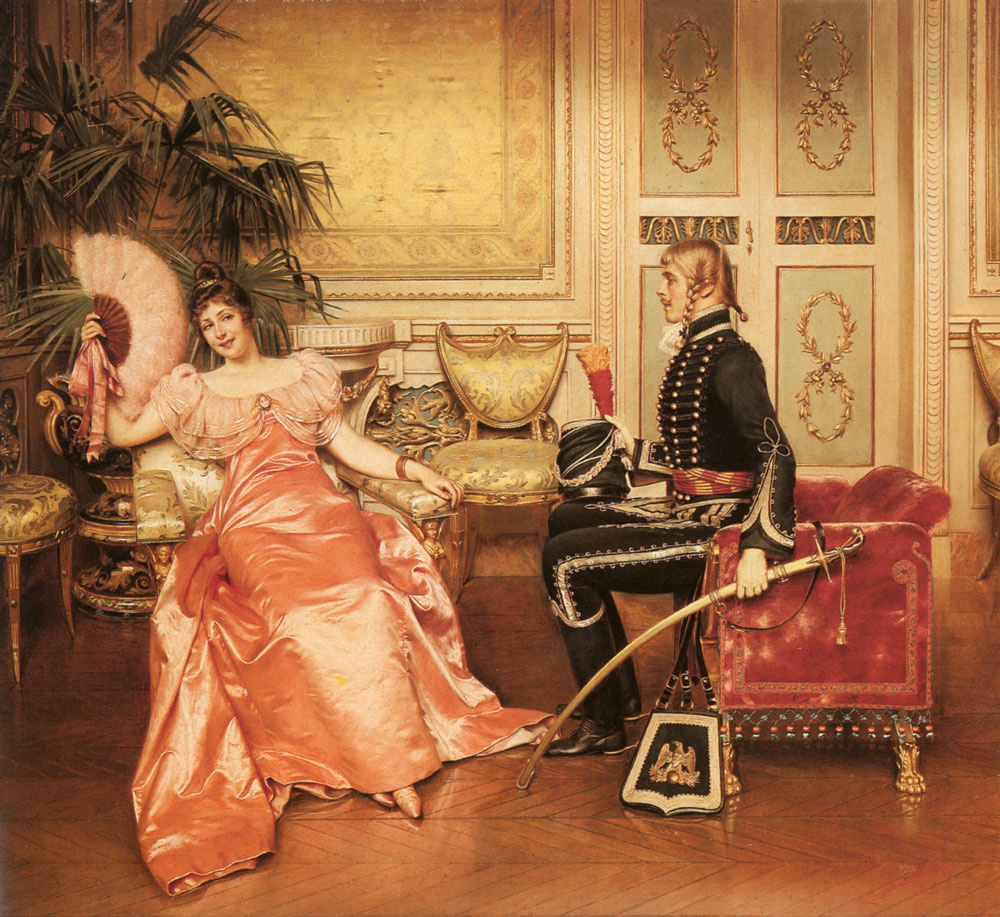Verra la morte e avra i tuoi occhi.
( Death will come and it will look with your eyes. )
Cesare Pavese
1
Things and humans
surround us. Both
torture the eye.
Better to live in darkness.
I am on a bench
in the park, following with my eyes
a family passing by.
I am fed up with light.
It is January – winter,
according to the calendar.
When I am fed up with darkness,
then I shall speak.
2
It is time now. I am ready to begin.
No matter with what. To open
my mouth. I can be silent.
But it’s better that I speak.
What about? Of days and nights.
Or rather of nothing.
Or about things.
About things –
not about people. They will die.
All of them. I will die too.
This is futile,
like pissing against the wind.
3
My blood is cold.
Its coldness is colder
than a river frozen in its bed.
I do not like people.
I do not like their looks.
Their faces impart
some unforsakable
look.
Something in their faces
is disgusting to the mind.
Is flattering
who knows whom.
4
Things are more pleasant. They
mean neither good nor harm,
on the face of it. But if you probe
into them – into their innards –
objects are dust inside.
Ashes. A woodboring beetle.
Walls. A dried bloodworm.
Unpleasant for your hands.
Dust. Turn on the light
and it will shine on only dust.
Even if the object
is sealed tight.
5
An old cupboard looks
the same inside and out,
reminding me
of Notre-Dame de Paris.
The cupboard’s entrails are dark.
A mop, a rag
will not wipe off dust.
A thing itself is generally dust
that does not strive to overcome,
that does not raise the brow.
Because dust is the flesh
of time; it is flesh and blood.
6
Lately I’ve begun
to sleep in the daytime.
It seems my death
puts me to the test,
holding a mirror to my mouth
even if I breathe,
to see how I withstand
non-existence in the daylight.
I am immobile. My two
thighs are as cold as ice.
Their venous blue flesh
looks like marble.
7
Surprising us
with the sum of its angles,
the thing stands out
from the common ways of words.
The thing is not at a standstill. And
it does not move. It is a delusion.
A thing is a space, outside of which
there isn’t a thing.
A thing can be banged down, burned,
eviscerated, broken.
Dropped. The thing
will not exclaim: ”What the fuck?!”
8
A tree. Shade. Dirt
under the tree for the roots.
Knotty monograms.
Clay. A pile of rocks.
Roots. Their entanglement.
A rock whose personal weight
liberates it from
the nexus of knots.
It is immobile. It cannot be
moved or taken away.
Its shadow. A man in its shade
is like a fish in the net.
9
A thing. The brown color
of the thing. Whose outlines are blurred.
Dusk. No more
anything. A still life.
Death will come and find
a body whose smoothness
will reflect death’s visit like
the coming of a woman.
It is absurd, a lie:
a skull, a skeleton, a scythe.
‘Death will come, and it
will look with your eyes.’
10
Says the mother to Christ:
Are you my son or my
God? You are nailed to the cross.
How can I go home?
How can I step over the sill
if I can’t understand or decide
whether you are my son or God?
That is, are you dead or alive?
He says in response:
“Dead or alive -
it doesn’t matter, woman.
Whether I am your son or God, I am yours.”
by Joseph Brodsky
Translated from the Russian by Leonid Gornik
 |
The Vorona River frozen in its bed
Winter in Borisoglebsk
Oil painting by Alexey Bogolyubov
from Wikimedia Commons |


